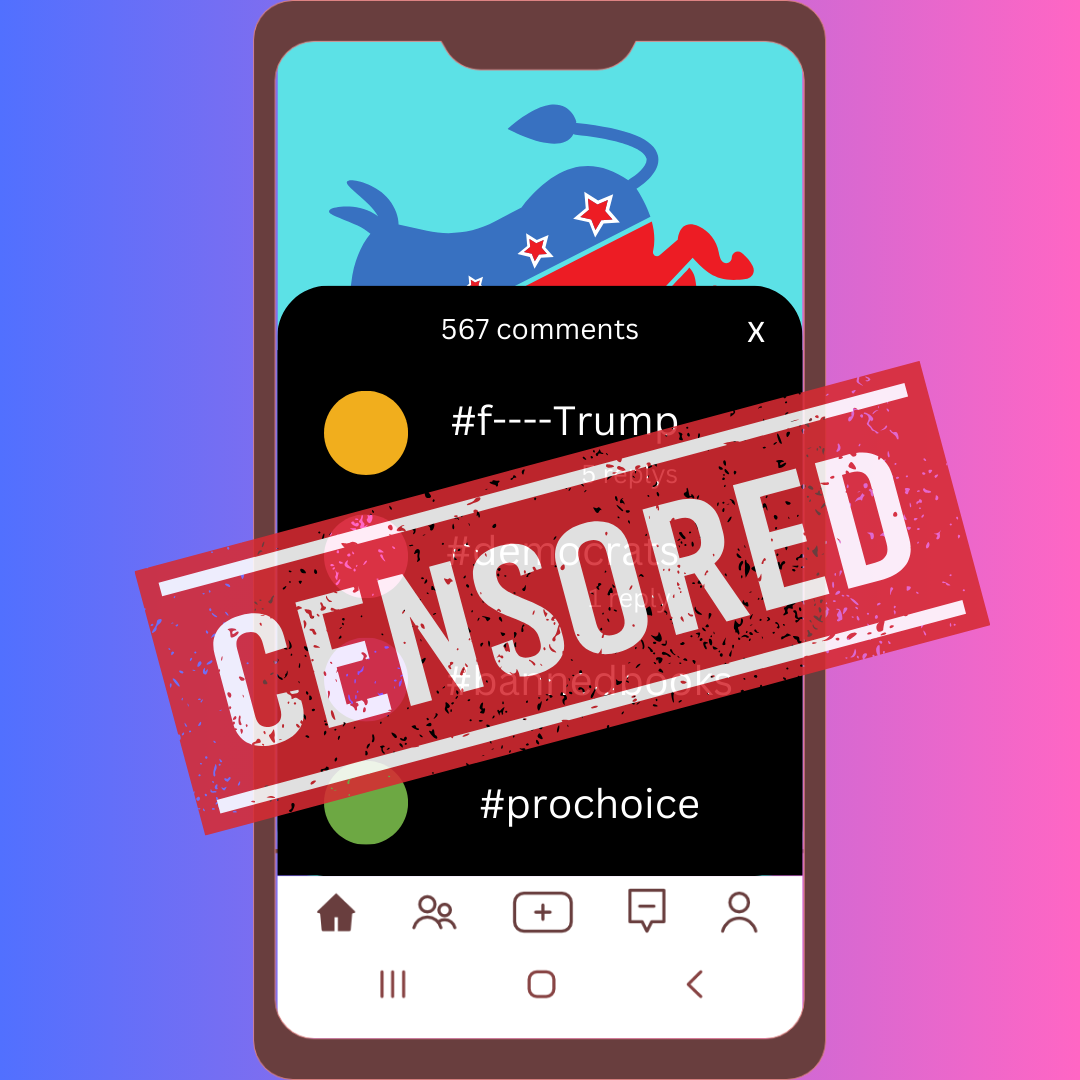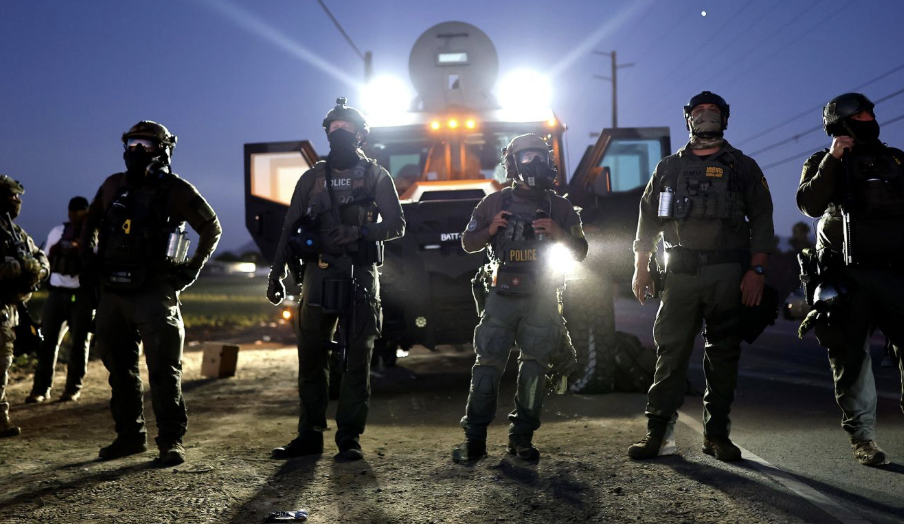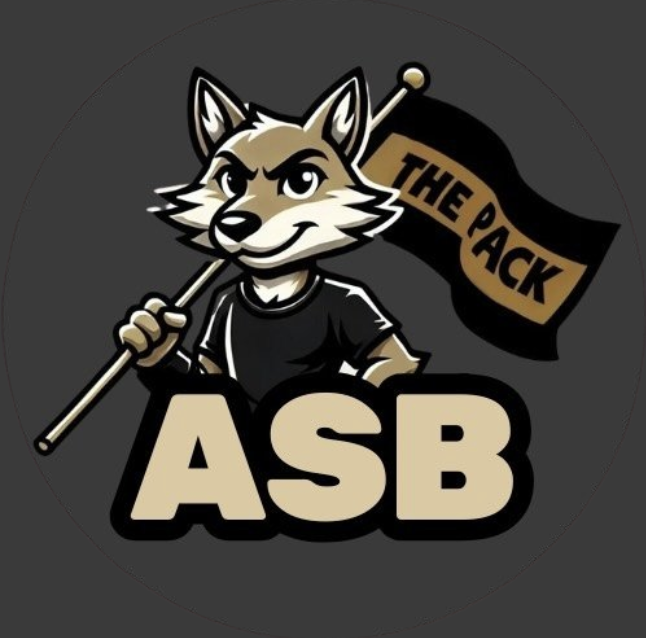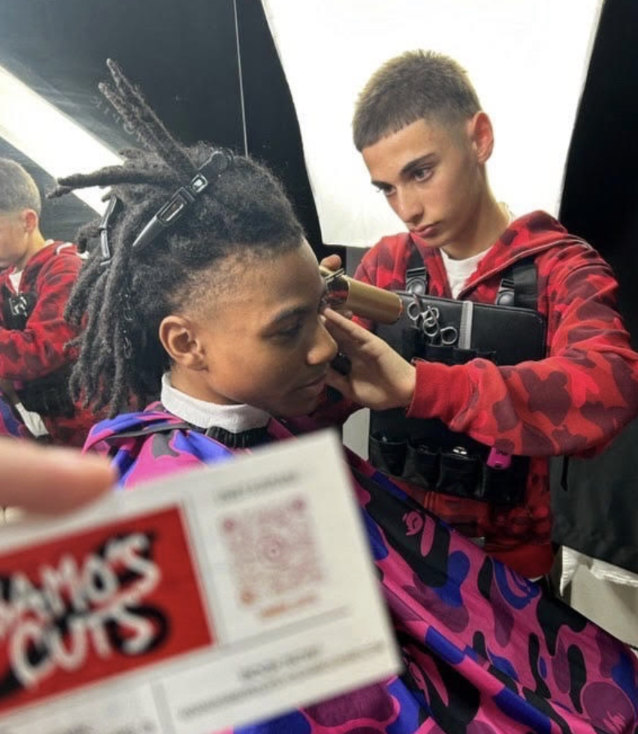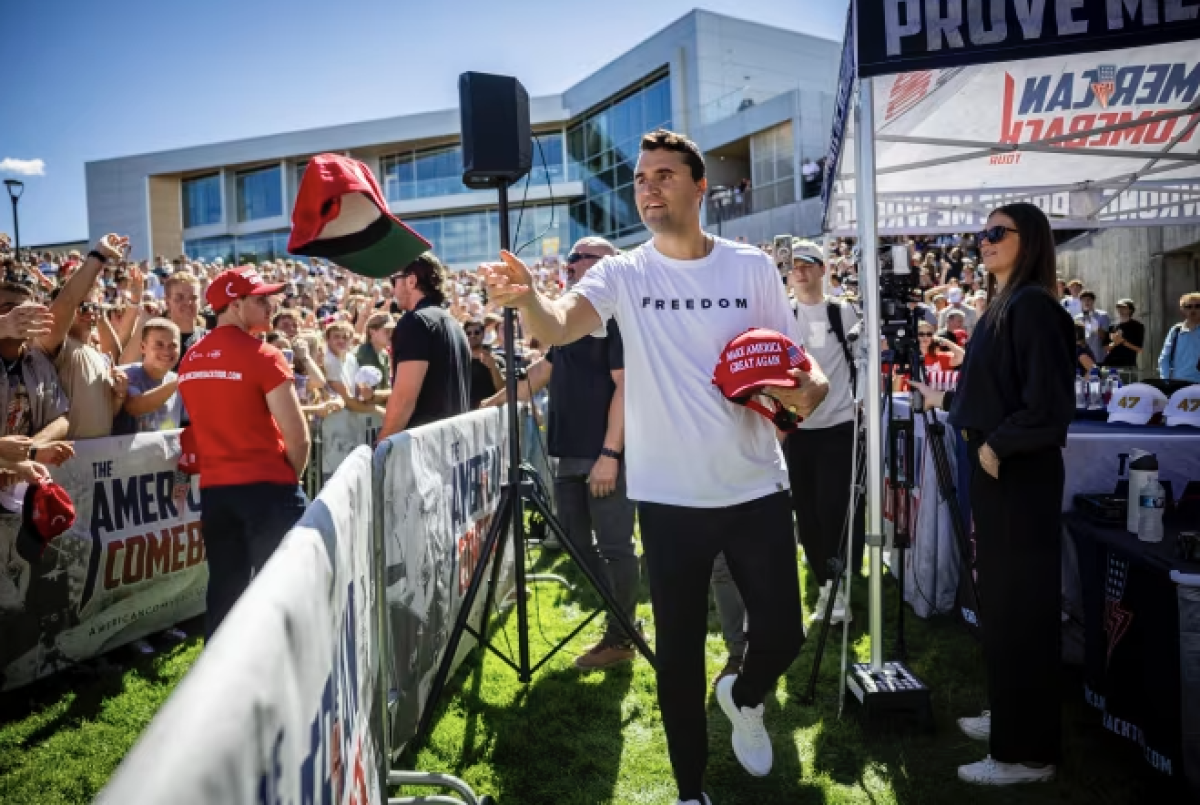Already, the Trump administration has sparked a massive shift away from the policies of the Biden administration. Trump has removed the U.S. from both the World Health Organization (WHO) and the Paris Climate Agreement, declared a national emergency at the southern border, eliminated DEI positions and departments, and much more. However, social media censorship has shadowed the beginning of his presidency.
On January 18th, TikTok shut down just hours before it was scheduled to. Instead of going offline on the 19th, as planned, users received a message on Saturday indicating that the ban had begun.
“A law banning TikTok has been enacted for the U.S. Unfortunately, that means you can’t use TikTok for now,” read a message from TikTok. “We are fortunate that President Trump has indicated that he will work with us on a solution to reinstate TikTok once he takes office.”
The most surprising aspect for users and creators was that TikTok was up and running when they opened their phones Sunday morning. A TikTok message popped up again, this time thanking President Trump. Yet Trump, set to be sworn in on Monday, was not yet President. What happened after TikTok was brought back is something that many users have questioned. Since Monday, users on various social media platforms, such as TikTok and Instagram, have faced censorship over certain topics, automatically making people follow certain users and unfollow others. So now that Trump is in office, is the U.S. government censoring content?
In short, no. Private companies like TikTok, Instagram, and X have no restrictions on what they can censor. Unlike the government, they are not required to follow the First Amendment and can theoretically limit freedom of speech.
“So let’s go back to the First Amendment. The beginning text of it says ‘Congress shall make no law,’ so what that basically translates to – the government cannot infringe on your first amendment rights, your freedom of speech,” said Associate Professor at the Hussman School of Journalism and Media at the University of North Carolina, Chapel Hill, Amanda Reid. “So the First Amendment doesn’t protect you against private employers. Like it has to be government action. Private companies get to set their terms of service, they get to say no shirt, no shoes, no service. So then, with that in mind, they can, in theory, censor whatever they like.”
President Trump has proclaimed that he would like the U.S. to own 50% of TikTok. With this in mind, censorship could be a real legal issue. If the government were to gain any ownership over a private social media company and proceed to censor content, it would be violating the First Amendment.
“We are in some uncharted territory, but yes, in theory, if you’ve got a [government] who owns part of a social network, there arguably could be some state action there,” said Reid.

The terrifying aspect for users concerns what is being censored on these social media apps. On Monday, the hashtag “The Smallest Man Who Ever Lived” was taken down—a common hashtag referencing Taylor Swift’s popular song from her last album, The Tortured Poets Department. The song has been used in edits against ultra-conservatives, such as Trump, Elon Musk, and J.D. Vance. However, the hashtag does not directly correlate with Trump and his party. Instead of #thesmallestmanwhoeverlived, the search bar appeared with #thesmallestwomanwhoeverlived, the direct opposite of what the song is about. This caused many Swifties and users to be outraged by the censorship, taking to TikTok to spread the information.
“I feel like there is much more regulation about what is being said, especially in the comment sections. People are commenting things like ‘boots’ as a disguise for other words to hopefully not get the videos taken down,” said senior Delaney Grayson. “But I will say I have never had any of the Trump family on my page, but I’ve now seen at least one video from the family every day. My whole For You Page is definitely different than it used to be.”
On Instagram, the hashtag “f—trump” was taken down. When searched, it came up as sensitive content. After all these censorships, once users realized the hashtags didn’t exist, both apps returned the existing hashtags. But with such quick actions, people are nervous about the unknowns.
“I am weary about what is being censored and the control over the app that I didn’t see before,” said Grayson.
Reid noted that censorship can lead to a push for one-sided information, which can alter people’s interpretations of it.
“We see what happens under suppressive activities that the press provides a powerful watchdog function, antidote to government corruption, and without that ability, these popular sovereigns that we, the people, who have the ability to vote using our power at the ballot box, we are not informed, and we can’t make good electoral choices,” said Reid.



